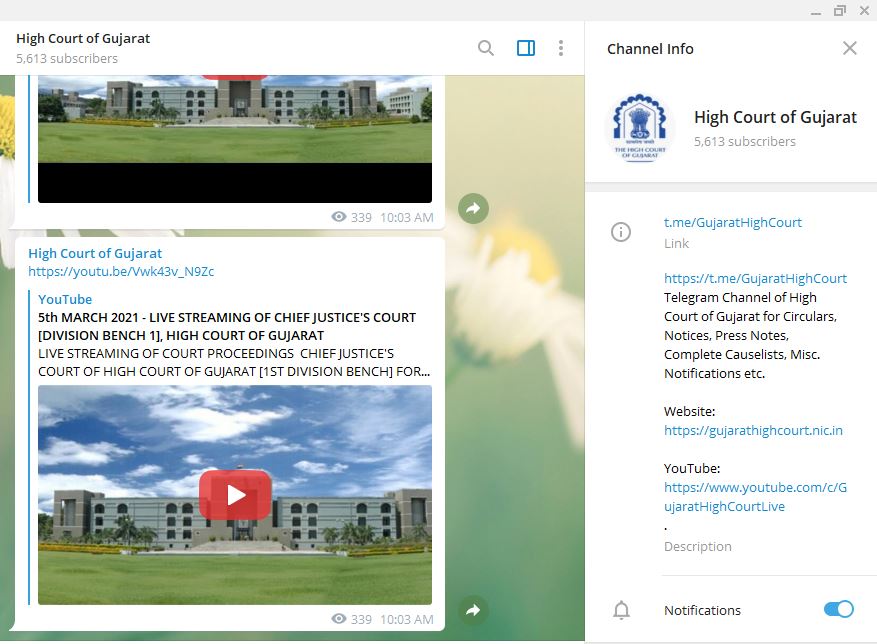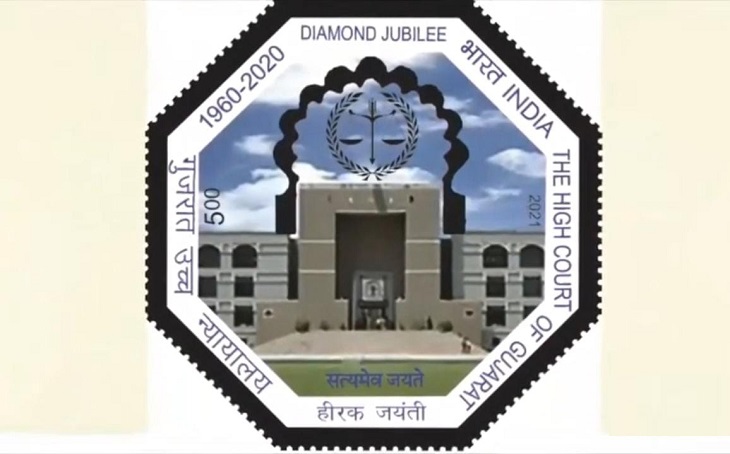Normally a civil suit has to travel through 17 main stages from institution of the suit till its judgment, they are as under :-
| Sr. | Stage | Provision | Time | Option |
| 1 | Institution of Suit | Order 4, 6 and 7 | ||
| 2 | Issue of Summons | Order 5 | 30 | M |
| 3 | Filing of Written Statement | Order 8 | 30 | M |
| 4 | Examination of Parties | Order 10 | 10 | D |
| 5 | Settlement of Despute | Section 89 | 15 | M |
| 6 | Discovery & Inspection | Order 11 | 30 | M |
| 7 | Admission | Order 12 | 15 | M |
| 8 | Production of Documents | Order 13 | 07 | D |
| 9 | Framing of Issues | Order 14 | 15 | M |
| 10 | List of Witness | Order 16 | 15 | M |
| 11 | Summons to Witnesses | Order 16 R 1 (4) | 05 | M |
| 12 | Settling Date | Order 16 | 07 | M |
| 13 | Evidence of Parties | Order 18 R 4
r/w Order 17 |
—- | M |
| 14 | Exhibiting of Documents | Order 18 R 4 (1)
Proviso |
07 | D |
| 15 | Cross-exam by parties | Order 18 R 4 (2) | —- | M |
| 16 | Arguments | Order 18 R 2 (3A) | —- | D |
| 17 | Judgment | Order 20 | 30 | M |
Out of these 17 main stages the amended code does not speak about any time limit for Examination of Parties – Order 10, Settlement of Disputes – Section 89, Production of Documents – Order 13, Exhibiting of Documents – Order 18 R 4 (1) proviso and Arguments – Order 18 R 2 (3A), but in the rest of the provisions the amended code has given time limits in the provisions itself and we cannot ignore them so easily and without any rare and exceptional circumstances.
Hon’ble Apex Court in case of Salem Bar cited supra has given a landmark in each of the provision. In the light of this judgment every thing was set right. Till the preparation of this paper Hon’ble Apex Court, High courts of various states including Hon’ble Bombay High Court has delivered judgments in respect of all the 17 stages as mentioned above.
Now once a party has filed the suit then he has to comply all the provisions one by one within the stipulated time. If the table shown as above is effectively implemented then no prejudice is likely to be caused to either of the parties and it will be a milestone in disposing off the civil suit in a stipulated time and that too within the framework of law, respecting the intention of the legislature. Now it is for us to decide whether to follow the provisions or the practice while interpreting and implementing the provisions of amended code.
In the amended code most of the provisions contains time limits for a particular stage. Maximum of the provisions are mandatory in nature and in very few of them the discretion lies with the court.
- Plaintiff has to file the plaint complying the provisions in all respect as contemplated under Order 4 r/w Order 6 and 7 of the code.
- Plaintiff has to issue summons within 30 days from the institution of suit.
- After the service of summons defendant has to file his written statement within 30 days from the receipt of summons as per Order 8 R 1 of the code
- No further time exceeding 90 days after date of service of summons be extended for filing written statement as per proviso to Order 8 R 1 of the code.
- Within 10 days from the filing of written statement court has to examine the parties so as to explore the possibilities of compromise in between the parties and to refer the matter of settlement under section 89 of the code.
- If parties fail to compromise the matter then court has to keep the matter for discovery and inspection within the time span of 7 – 10 – 10 – 3 days, as per Order 11 of the code.
- Then to adjourn the matter for admission within the time span of 15 days as per Order 12 of the code.
- Then parties have to file the original documents prior to framing of issues within the time span of 7 days, as per Order 13 of the code.
- Court has to frame the issues within 15 days as per Order 14 of the code.
- Parties have to file the list of witnesses within 15 days from the date of framing of issues as per Order 16 of the code.
- Plaintiff has to issue summons to the witnesses either for adducing evidence or for production of documents within 5 days of filing of list as per Order 16 R 1 (4) of the code.
- Parties have to settle the date of evidence as per Order 16 of the code.
- Plaintiff has to file the affidavits of all his witnesses within 3 adjournments as per Order 18 R 4 r/w Order 17 of the code.
- Court has to exhibit the documents considering their proof and admissibility with a reasoned order as per proviso to Order 18 R 4 (1) of the code.
- Cross examination of the plaintiff and his witnesses on day to day until all the witnesses in attendance have been examined as per Order 18 R 4 (2) r/w Order 17 R 2 (a) of the code.
- Defendant has to issue summons to the witnesses either for adducing evidence or for production of documents as per Order 16 R 1 (4) of the code.
- Defendant has to file the affidavits of all his witnesses within 3 adjournments as per Order 18 R 4 r/w Order 17 of the code.
- Court has to exhibit the documents considering their proof and admissibility with a reasoned order as per proviso to Order 18 R 4 (1) of the code.
- Cross examination of the defendant and his witnesses on day to day until all the witnesses in attendance have been examined as per Order 18 R 4 (2) r/w Order 17 R 2 (a) of the code.
- Parties have to conclude their arguments within 15 days from the completion of their respective evidence as per Order 18 R 2 (3A) of the code.
- Court has to delivered judgment forthwith or on or before 30 days and not exceeding 60 days from the date of conclusion of the arguments as per Order 20 R 1 of the code.












